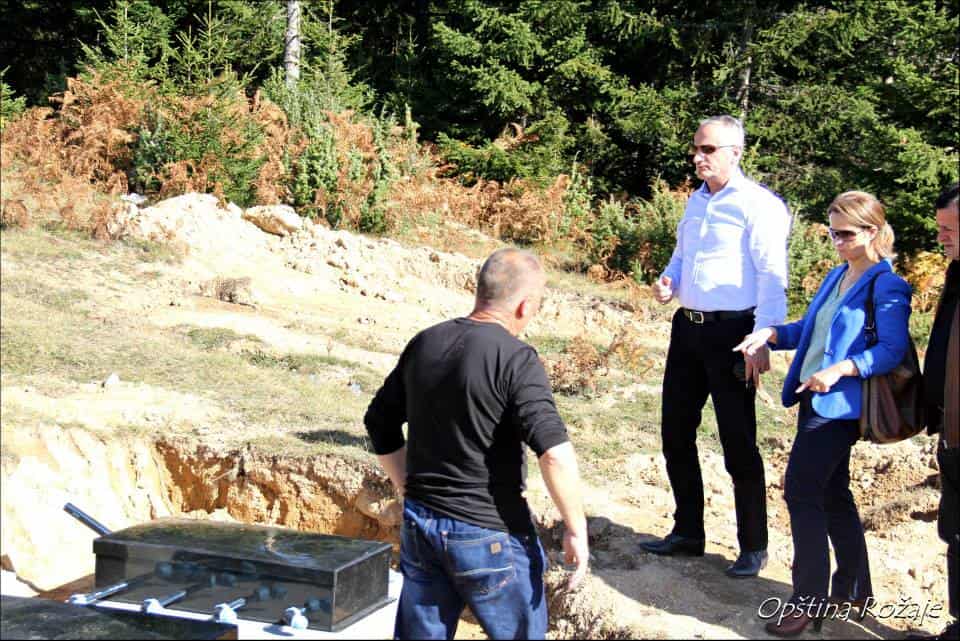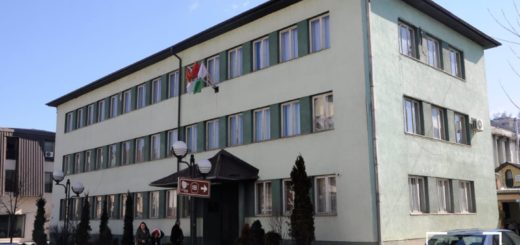THE CONSEQUENCES OF THE FORMATION OF A LANDFILL AT THE POOL LOCATION
Between Dermandol, Krstac, Rožajski vrh, Džakovica and Turjak is the most interesting area of the Rožaj region characterized by high geo-biodiversity. For this reason, this area with its immediate surroundings was the subject of observation by researchers from various scientific disciplines, among whom are some of world renown, such as: Jovan Cvijić, Milisav Lutovac, Nedeljko Košanin, Fran Kušan, Karlo Mali, Radomir Lakušić, Mihailo Burić, Marko Knežević, Dragomir Kićović and others. In that area are the only significant sources of drinking water in the Rožaj area. The valley of Županica has rich deposits of healing mineral water, and is called the valley of mineral waters. Therefore, this area has all the values of a nature park, so there was a proposal from the Institute for Nature Protection from Podgorica to declare it a regional nature park.
In the most attractive part of that area, which belonged and naturally belongs to the territory of the municipality of Rožaje, and which was unjustifiably torn from it and annexed to the municipality of Berane, between three winter recreational centers, Lokva, Skrivena and Turjak, at the place where the Đunerovića ports begin, for which Milisav Lutovac says that they belong to the most beautiful valleys of Prokletije, and where the cursed spruce forests begin, which should be subject to protection, and which were studied by the first Montenegrin botanist academician Vilotije Blečić, the local self-government from Beran decided to form a "temporary" unorganized landfill of communal and industrial waste.
We believe that the person who proposed that location for the landfill does not know this area and does not know what it means for the future of Rožaj and Beran, especially for the development of tourism in both municipalities. It has long been known and accepted in developed societies that the preservation of biodiversity is not only biologically necessary, but also an economic necessity, because in tourism quality is already measured by the degree of nature preservation. According to the International Organization for Economic Development, the main tourism capital of any social community is its natural and cultural heritage.
The formation of a municipal waste dump at Lokva will endanger water, agricultural land, forest ecosystems, natural beauty and some unique rarities (eg the ecosystem of sremza and gray alder around Županica, the only one in Montenegro). With the endangerment of nature and cultural heritage, the Rožaj area will no longer represent an attractive destination for many visitors, the basis of life and a prerequisite for economic and social development and the survival of the people in it will be threatened.
Rojaje,
4. IV 2014.
For the NGO "Nature and Heritage from Rožaj".
Halil Markišić, M.Sc





